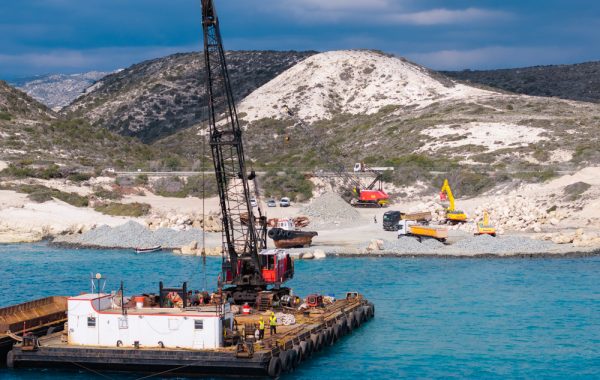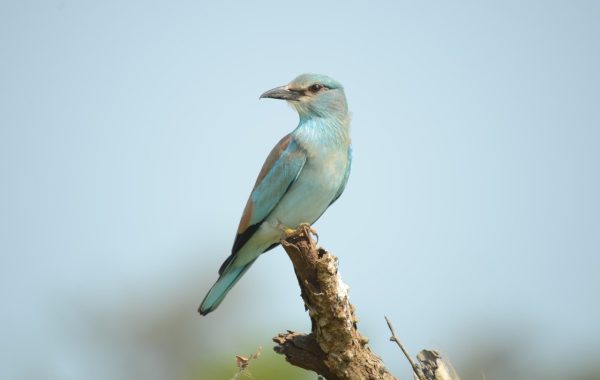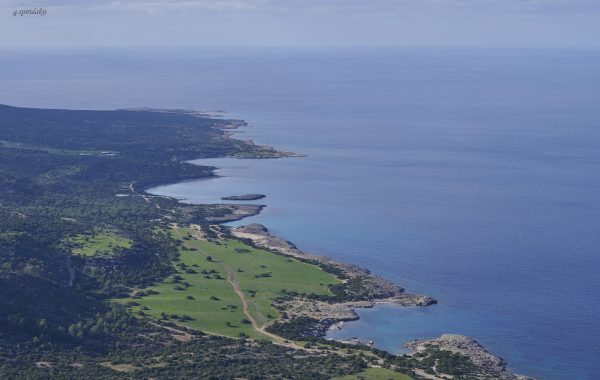With Cyprus playing host to over 15,500 waterbirds taking refuge from the ‘frozen north’, BirdLife Cyprus and others are marking World Wetlands Day with an event at the Akrotiri Environmental Education Centre on 2 February.
World Wetlands Day (WWD) is celebrated every year to raise global awareness about the value of wetlands for people and the planet. Wetland ecosystems are among the world’s most valuable, but also most threatened environments. They support high levels of biodiversity, including many species of birds, mammals, reptiles, fish, amphibians and invertebrates. They also provide a wealth of ecosystem services to people, such as water, food, water purification, erosion control, and they play an important role in reducing the impact of extreme weather events such as floods, droughts and cyclones.
Martin Hellicar, BirdLife Cyprus director, said “This year’s World Wetlands Day is about highlighting the vital roles of healthy wetlands in reducing the impacts of extreme weather events. In Cyprus, during the winter months, wetlands serve as an important refuge for many waterbird species from further north. In the dry summer months, these valuable ecosystems can play an important role in reducing the risk of water shortage. We need to make sure our wetlands are kept healthy through suitable conservation measures and effective management practices.”
To celebrate World Wetlands Day 2017, BirdLife Cyprus, the Akrotiri Environmental Education Centre and the RSPB (BirdLife in the UK) are organising a series of events on Thursday, 2 February 2017, including presentations about the wetlands and waterbirds of Cyprus and the Akrotiri marshrestoration project. For more information and the detailed program please visit the project’s website on www.akrotirimarsh.org.
Akrotiri marsh (also known as Fassouri marsh/reedbed) is the subject of an ongoing restoration project funded by the Darwin Initiative through UK Government funding (Darwin Plus, the Overseas Territories Environment and Climate Fund) – a project led by BirdLife Cyprus in collaboration with the Akrotiri Environmental Education Centre and the RSPB (BirdLife in the UK).
WWD always comes soon after the mid-winter waterbird count which is part of the International Waterbird Census (IWC) organized by Wetlands International. During this year’s count, BirdLife Cyprus field recorders counted over 15,500 waterbirds – of 60 different species – at 55 key wetlands across the island contributing Cyprus data to the global effort to monitor the status of wetland bird populations. The main contributors to waterbird monitoring in Cyprus and around the world are volunteers. Many thousands of volunteers join the IWC count every year, making it one of the largest citizen science programmes in the world.
This year’s mid-winter count in Cyprus included large numbers of Black-headed Gulls (over 3,300 counted), Mallards (over 2,700 counted), Greater Flamingos (over 2,100 counted), Common Coots (over 1,900 counted), Common Teals (over 1,700 counted) and Northern Shovelers (over 1,100 counted). The ‘top’ sites proved to be the two Ramsar Wetlands (Wetlands of International Importance) of Cyprus: Larnaka Salt Lake, which held the greatest variety of waterbird species (25 species recorded) and the Akrotiri Salt Lake and surrounding wetlands, which together held the most waterbirds (nearly 4,000 individuals counted).
Thanks to the 2017 IWC monitoring effort, conservationists were alerted to the plight of waterbirds struggling in the unusually cold conditions that prevailed in South-Eastern Europe. Wetlands International launched an emergency appeal to support the worst affected regions, while parties to the ‘Agreement on the Conservation of African-Eurasian Migratory Waterbirds’ (AEWA) were requested to adopt emergency measures in accordance to the AEWA Action Plan.




